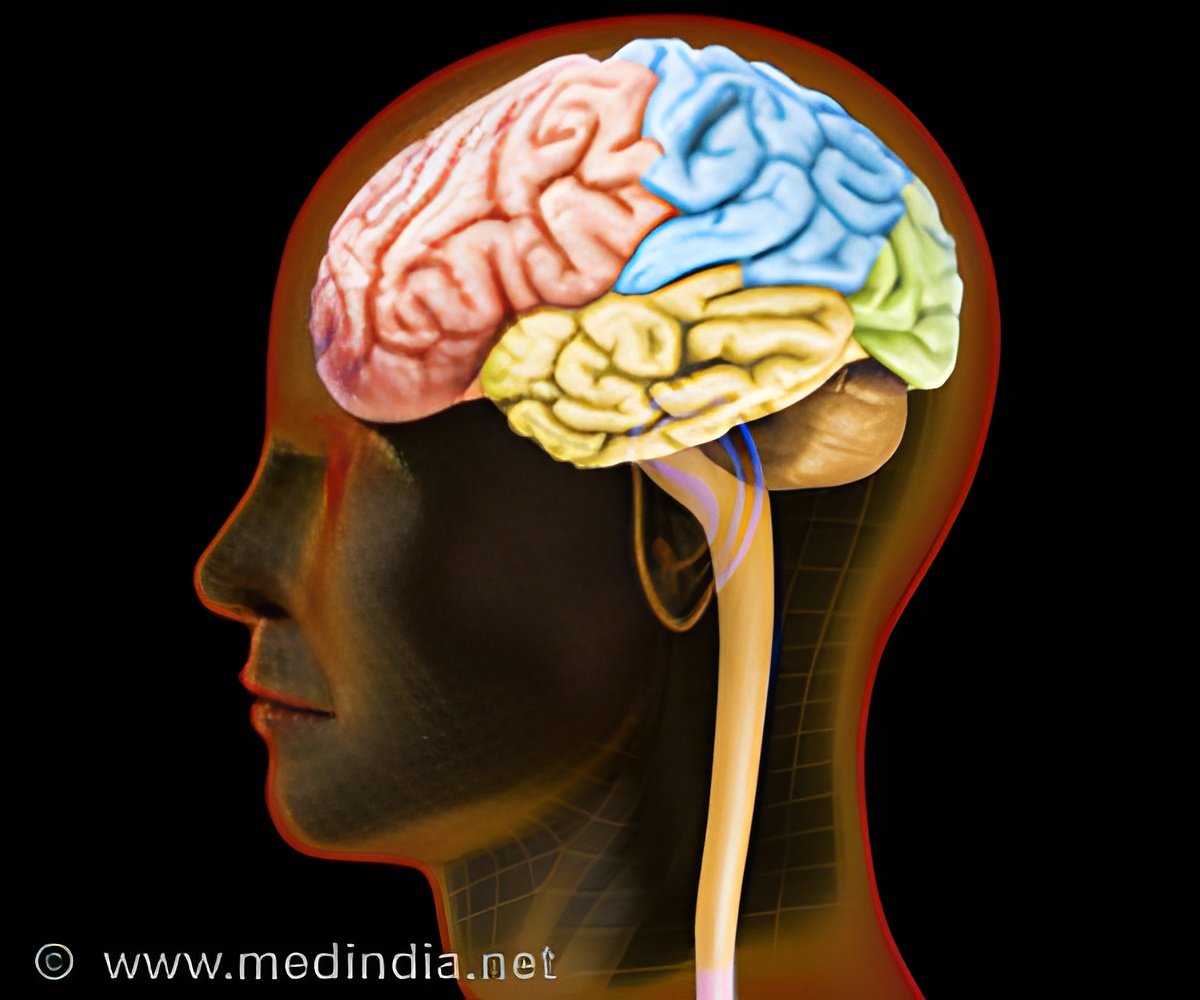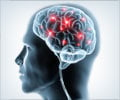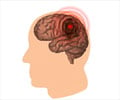
‘We share 70 per cent of our genes with zebrafish. Therefore, zebrafish are hugely important for understanding processes that can lead to human disease.’
Tweet it Now
No cell has ever been shown to develop kugeln in the past, possibly because they are easily mistaken for normal blood vessels. Kugeln contain a molecule called nitric oxide which is essential for the health of blood vessels. Stroke is a life-threatening condition affecting more than 100,000 people in the UK each year. Some forms of stroke are caused by mutations in genes which the Sheffield researchers have shown are required to form kugeln. Although the function of kugeln is not yet fully understood, this link to genetic forms of stroke could provide new insights into neurological and cardiovascular research.
Elisabeth Kugler, a PhD student from the University of Sheffield's Department of Infection, Infection and Cardiovascular Disease and the main author of the study, said: "The finding of kugeln highlights the need for basic research to understand the mechanisms of development and disease.
"This study would not have been possible without an extremely strong international scientific team, underlining the significance of working across different countries."
The pioneering research was made possible thanks to state-of-the-art imaging with a revolutionary light sheet microscope (funded by the British Heart Foundation), and the ability to study vascular development using zebrafish as a model organism. The ground breaking research has been published in the journal EMBO reports.
Advertisement
"It is extremely exciting to discover an entirely new process that only happens in brain blood vessels, because this might explain why some mutations cause stroke but not diseases of other arteries.
Advertisement
The next step for researchers is to establish whether kugeln are present in human brains as well as gaining a deeper understanding of the mechanisms and functions of kugeln.
Source-Eurekalert















